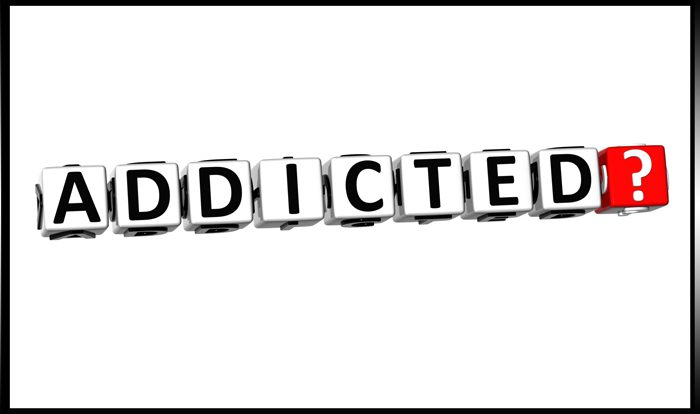If you think your loved one is exhibiting addictive behaviors, what should you do? 
The Diagnostic and Statistical Manual, 5th edition, describes behavioral addictions as “impulse control disorders.” Behavioral addiction is the failure to resist the urge or impulse to excessively do something that provides pleasure, even if it causes harm (NLM). Such
People who display behavioral addictions have similar thoughts addiction can include addictions to gambling, exercise, sex, work, the internet, video games, shopping, and more. processes and pleasure-seeking drives as those with substance addictions. The key component to behavioral addiction is repeatedly doing the same act, regardless of the negative consequences that may arise. Such consequences can include financial problems, breakdown of relationships, compromises to physical health, and more.
If your loved one is compulsively engaging in a certain behavior to the point that they are neglecting school, work, family, or their health, they might have a behavioral addiction.
Behavioral addictions can become substitute addictions for those who are recovering from a substance use disorder.
The thoughts, feelings, and traumas that led to someone becoming addicted to drugs or alcohol don’t just go away when they stop using. If those bottled-up emotions and potential mental health disorders are not addressed, the person will continue to seek ways to escape their life. They may not use alcohol or drugs anymore, but they might start shopping obsessively or playing video games to excess. This is why working the 12-step program of recovery is so incredibly beneficial. These 12 steps help anyone with an addictive behavior to overcome their patterns and embrace both emotional and physical sobriety.


